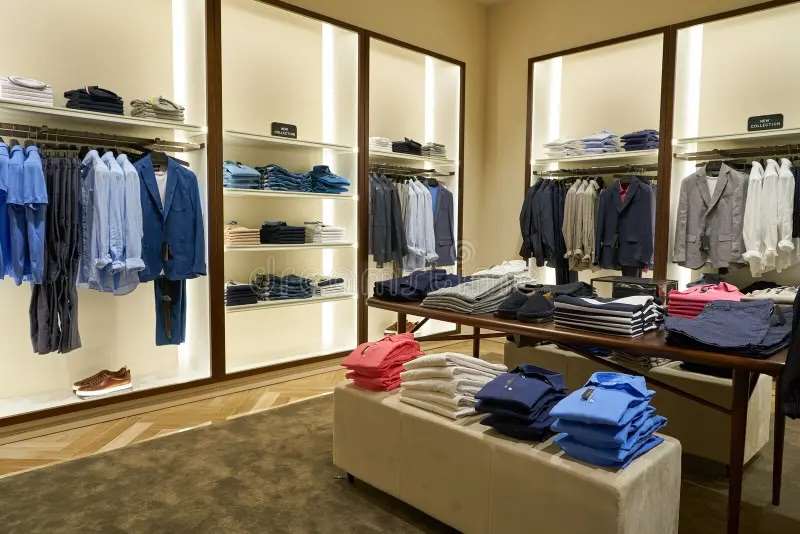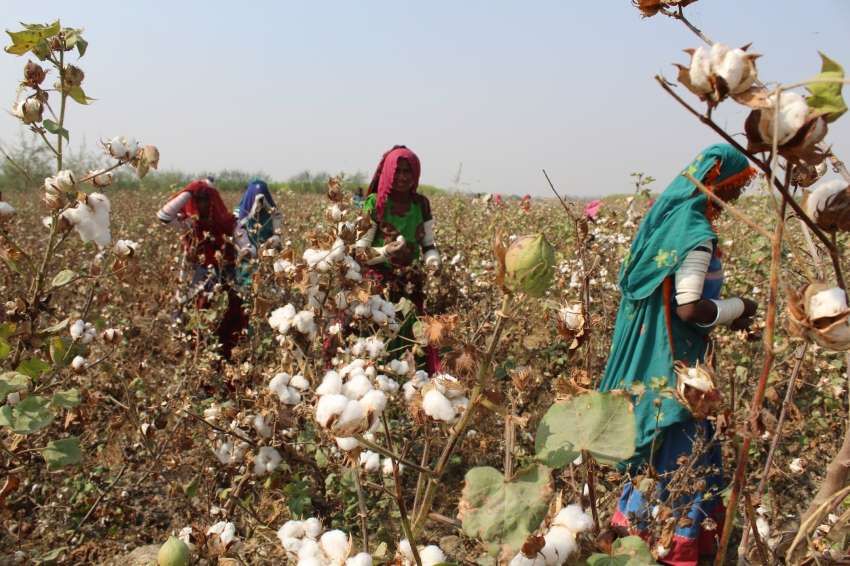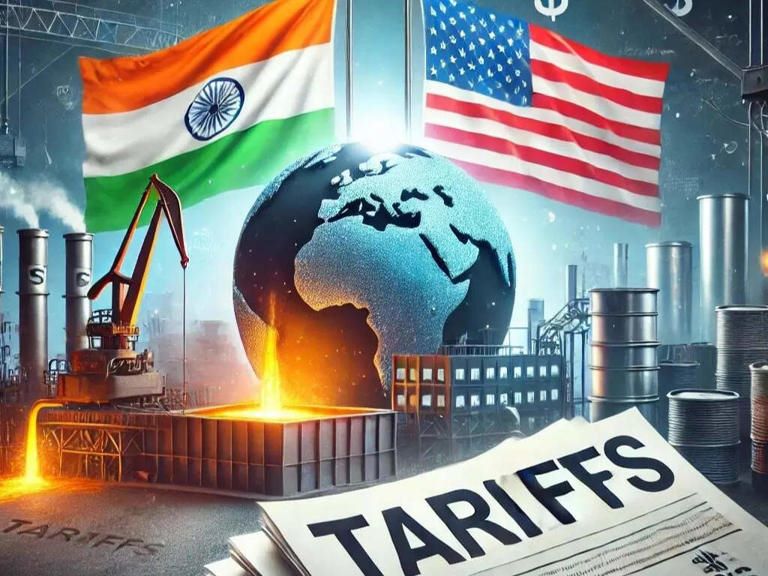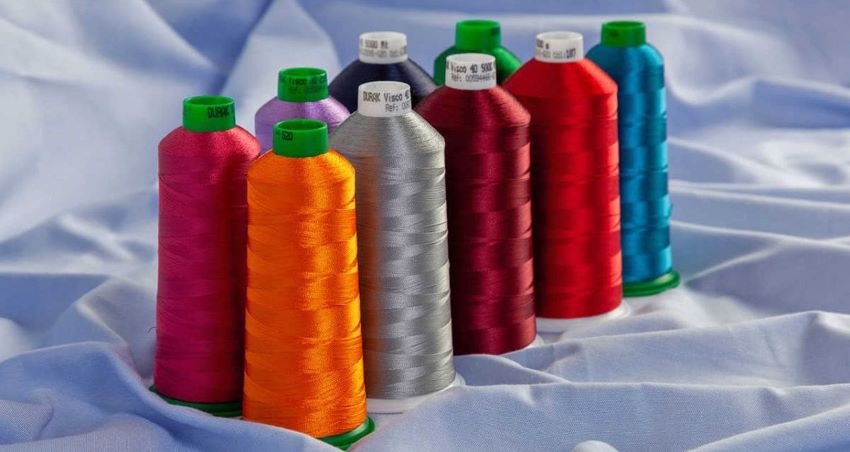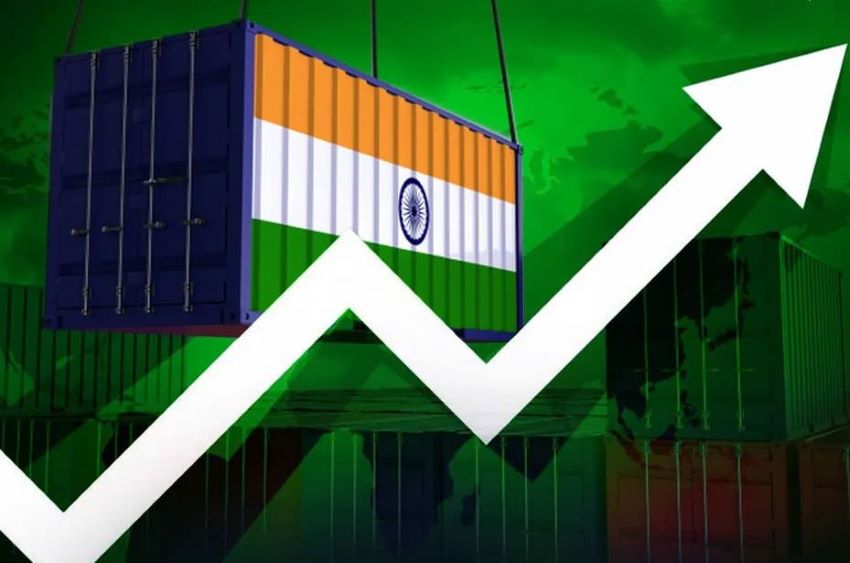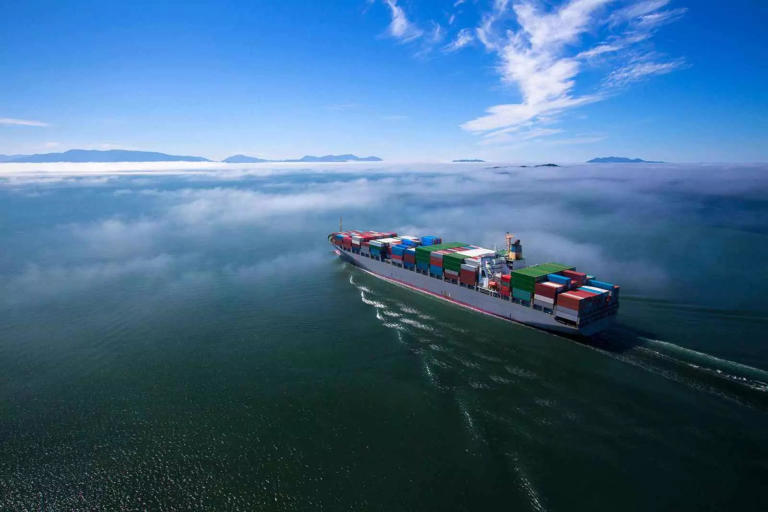FW
Textile products trade fair Milano Unica China VI was held in Shanghai from October 20 to 23. The sixth edition of Milano Unica saw a 14.7 per cent year-on-year increase in the number of visitors. Milano Unica featured merchandise from a wide category of textiles and accessories collections, for both men and women.
The majority of clients were Chinese, but there were also a large number of Korean, Russian and Indian visitors. Above all, this was an important opportunity for the 127 Italian exhibitors presenting top end textiles and accessories from different areas of the country. A trend area guided clients in the selection of the latest fabric and accessory trends. A workshop provided explanations, suggestions and guidelines to better understand both the trend area and products proposed by exhibitors.
Milano Unica is fast becoming an important meeting place for intercultural exchange between two countries, China and Italy, with a strong entrepreneurial character. On the one hand, Chinese clothing collections are becoming less instinctive and focusing on collections developed using organized creative procedures, a sign of growing maturity for the market; on the other hand, the creative and quality heritage of Italian production is becoming even more essential, above all for emerging new talents.
china.milanounica.it/
IAF recently participated in the Quality Garment Network Days organized by Veit, world market leader in ironing and pressing machines, in Southern Germany. IAF Secretary General, Matthijs Crietee gave the keynote address titled, ‘The global garment system, a travelling circus still, or becoming a more ‘normal’ industry’.
He explained its vision on improvement for the global fashion industry. “Improvement is necessary,” said Crietee, adding, “because parts of the industry have gotten caught in a low price spiral whereby continuous pricing down has distorted the consumer’s sense of value of clothing. This is also affecting more upmarket brands, even though they themselves mark down less. The common response to continuous price pressure in consumer markets is making things worse. The industry’s custom of moving production to locations of cheaper labour costs in reaction to rising production costs is also hitting brick walls. Industrial accidents in Bangladesh are further tarnishing the image of the industry.”
Crietee told the audience that, the IAF believes strongly in the power of education. “To work with a longer term horizon when making arrangements with suppliers requires knowledge; a different kind of knowledge than is often available at both buyers and suppliers. More coordination and focus is certainly possible here. And secondly, the industry needs to stop its pre occupation with sourcing statistics and wage statistics. We must look at more at indicators showing investments in the supply chain, such as for instance figures on returns on investments of PLM. IAF is working on both the education and the statistics,” he said.
Tanzania has established the Textile Development Unit (TDU) to support investors at every stage of the investment process. With this guide, investors will find the information they need, the advantages of investing, and the investment incentives and guarantees, as well as practical information on setting up a business in Tanzania.
Low wages and the low price of electricity make Tanzania one of the most cost-effective textile and garment producers in the world. The country can support a profitable, integrated manufacturing value chain from cotton field to finished garment production. In addition, there are opportunities for joint venture partnerships. In 2012, Tanzania produced around 3,50,000 metric tons of seed cotton of which approximately 80 per cent was exported unprocessed. To that extent, there are opportunities for value addition with significant potential returns from producing yarn, fabrics, garments and related products.
The Tanzania Cotton Board (TCB) regulates the cotton sub-sector on behalf of the government. TCB ensures adherence to cotton farming procedures and regulations, ensures steady supply of agro-inputs, maintaining a level playing ground for the cotton business firms and collecting, refining and disseminating information to stakeholders. TCB guarantees producers availability of cotton lint throughout the year.
The country’s production of seed cotton increased from 2,00,664 metric tons in 2007-08 to 2,44,892 metric tons in 2013-14.
Hong Kong is hosting China Sourcing Fair from October 27 to 30. On display are latest trends in fashion with 1,300 booths by suppliers from Greater China and Asia. Tens of thousands of international buyers are expected to attend. Buyers can source product lines under one roof. Among the buyers are Bestseller Fashion Group, Carrefour, Giorgio Armani, Ralph Lauren, Sears and Woolworths.
The show has Asia's largest selection of scarves, a new sportswear pavilion and fast growth in the finished garment and fabric lines. Fashion parades with professional models will spotlight products that capture the spirit of trends. There will be show floor demonstrations on how to accessorize with scarves and how to recognize different scarf fabrics.
Color authority Pantone is highlighting hot hues with swatch cards, photos, videos and products from pre-selected exhibitors. Professional models are walking the ramp to show off latest sportswear, fashion bags and jewelry from top exhibitors. Online forecaster Fashion Snoops has identified the next big thing in fashion with pre-selected products from actual exhibitors.
The fair is organised by Global Sources. It also hosts electronics, mobile electronics and gifts and home products events.
Adwww.globalsources.com/Hong_Kong_Fair
The American Apparel & Footwear Association (AAFA) and the China Chamber of Commerce for Import and Export of Textiles and Apparel (CCCT) have signed a memorandum of understanding to better understand what is happening in the apparel and textile industries in China. Through this MoU, AAFA can help its members and US policy makers understand what is happening with the industry in China. AAFA feels the US/China trade relationship will grow in importance in the coming years, with manufactured and design fashion products flowing in both directions.
CCCT is looking at strengthening trade and investment ties with the United States through the partnership. The agreement will facilitate the exchange of trade and investment information between the AAFA and the CCCT. AAFA says it will create a forum to address issues of concern including product safety, labeling, retail and intellectual property.
China is the top supplier of both footwear and apparel to the US market. Nearly 40 per cent of all apparels imported into the United States come from China, and 80 per cent of the footwear sold in US stores is manufactured in China. AAFA represents more than 1,000 world famous brands. It is the voice of the US apparel and footwear industry, its management and shareholders.
The Botswana Textile and Clothing Association (BTCA) is looking at the development of a globally competitive and sustainable textile and clothing sector in the country. BTCA would further assist the sector to increase domestic, regional and international market share for Botswana textiles and clothing and also boost innovation and creativity among its members.
Companies will be instructed on the benefits of using modern technology for efficiency and economies of scale. Botswana has announced there will be another stimulus package for textiles sector, meant to assist companies with wage, boost operational efficiency and improve productivity. Botswana is a landlocked country. Thus the cost of logistics is too high, making it difficult for companies to import raw materials and export finished products.
The local industry is faced with challenges that include lack of access to finance, high operational costs, uncoordinated niche markets to tap into and absence of a strong enterprising culture particularly for small, medium and micro enterprises. One strong source of competition for the Botswana industry is from Asian companies. Asian countries have a competitive advantage in terms of lower labor costs, efficient production, availability of vast and cheaper sources of raw materials.
Pakistan's textile exports declined 16.66 per cent in September 2014. Energy shortage is the prime reason behind the decline. Nearly half of production capacity has been hit due to the crisis.
Apart from non-availability of energy, high interest rates and stuck up liquidity on drawbacks and refunds have played a vital role in the low growth and exports of Pakistan’s textile industry. Exporters say gas is being diverted to unproductive sectors, causing a loss in terms of foreign exchange. They say competitors have made huge investments due to the positive and business-friendly environment provided by their governments. Their grouse is that the government has failed to encourage investment in the textile sector during the last five years and that rivals, taking advantage of the situation, are creeping into their regular markets.
In spite of not having the GSP Plus status, India has managed to gain higher exports than Pakistan. Pakistan’s textile exports have been showing a declining trend since July 2014 and export numbers in the coming months might worsen. The country exported textile goods worth $3.417 billion in the first quarter of July-September this year against exports of $3.559 billion in the comparative period of previous year.
Shanghai Mode Lingerie was held from October 20 to 21, 2014. This is the premium international event for lingerie and swimwear brands in Asia. It has the complete offering of intimates and swimwear. Since 2005, Shanghai Mode Lingerie has been an excellent host for 250 Chinese and international brands. The event also has shows in Paris, New-York and Las Vegas. It celebrates glamour, fashion distinction and international flair.
New events were added. At the 10th anniversary and there were several inspiring fashion shows, more than 120 organised B2B meetings with key buyers from Asia. About 60 visiting countries were represented. The show occupied 13,500 sq. mt. of exhibition space. The event showcased heritage pieces from the last centuries. The pieces depicted the history of lingerie and described in detail the fabrics used.
Among the new features for 2014 was the dedicated forum for swimwear. Leading swimwear fabric suppliers displayed their latest developments. Another was a training program on trend and brand building. This enabled customized workshop programs to be designed for individual companies with specific needs and requests.
Shanghai Mode Lingerie offered a business lounge to brands who wanted to benefit from the B2B program put together by Eurovet. It was organized in seven sectors.
www.shanghai-mode-lingerie.com/
The key business event during the 29th season of Mercedes-Benz Fashion Week Russia was the founding conference of the Russian Fashion Council on October 23. Top fashion industry luminaries attended the event. They included names like President of Mercedes-Benz Fashion Week Russia Alexander Shumsky, well-known Russian designers: Slava Zaitsev, Alena Akhmadullina, Lena Karnauhova, Julia Dalakian, head of the leading textile and apparel consulting company Esper Group Daria Yadernaya, Program Director of MBFW Russia Elena Kuletskaya, General Director of Ufimsky Trikotazh (Ufa Jersey) Zukhra Ismailova, Rector of Moscow Institute of Arts and Industry Alexey Egorov, the President of the Russian Public Relations Association Stanislav Naumov among others.
The National Fashion Councils operates in key fashion markets. Their aim is to support the fashion industry. Now Russia has joined the top-tier fashion markets having own public organization devoted to the local industry. The Russian Fashion Council will bring together fashion designers and manufacturers from the Russian Federation and fashion and educational experts who are actively involved in the development of fashion business in Russia.
The principal purpose of the council is to support and develop the Russian fashion industry and assist Russian manufacturers and fashion designers. The goal is to create social and other guarantees required for development of fashion segment in Russia. Another point is to promote Russian fashion designers domestically and globally. At the conference Slava Zaitsev was elected as the Honorary President of the Russian Fashion Council. Alexander Shumsky was appointed to the position of the Executive President of the Council.
Russian Fashion Council focuses on creating favourable conditions for activities and creative work of Russian designers. The council will launch numerous projects and activities that will include assistance in promoting collections and public campaigns for achievements of Russian fashion. Russian Fashion Council is considered as a bridge between fashion designers and textile industry, the purpose is to cut the gap between talents and manufacturers. The council will also develop fashion education programs and programs supporting young talents. One of the 2015 project is to launch the Russian Fashion Contest for emerging designers with valuable awards which would help talents to expand commercially.
For July to September of this year, Bangladesh apparel exports to US, Canada have fallen. Moreover, export earnings from France, the Netherlands, and Japan have also declined. Exports to the US declined by 8.4 per cent and exports to the Canadian market fell by 13.8 per cent.
A drop in knit and woven garment exports to the US and Canada has contributed to the overall export decline in the North American market. In the first quarter of this fiscal, knit export earnings from the US and woven export earnings registered a drop of 5 per cent and 8.8 per cent from the previous year. Knit garment exports to the Canadian market showed a decline of 14.63 per cent while woven garment exports registered a fall of 14.38 per cent from the previous year.
Knit apparel exports to the Netherlands have fallen by 9 per cent and non-knit apparel exports have declined by 13.23 per cent. Despite an increase in knit exports, exports of woven garments to Japan have fallen by 4.44 per cent. Bangladesh garment exporters say the fall in export is due to a rise in wages, foreign buyers' preference for alternative countries due to agitations in Bangladesh and drop in orders for non-compliant factories.

